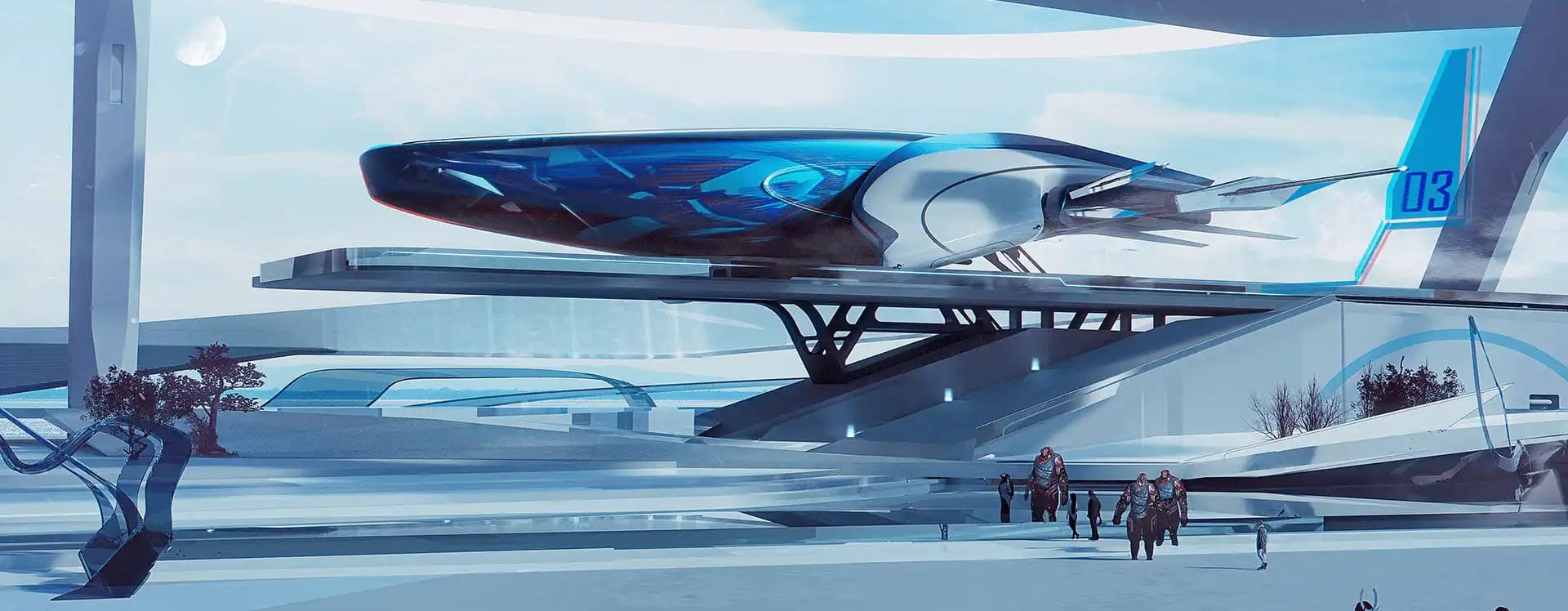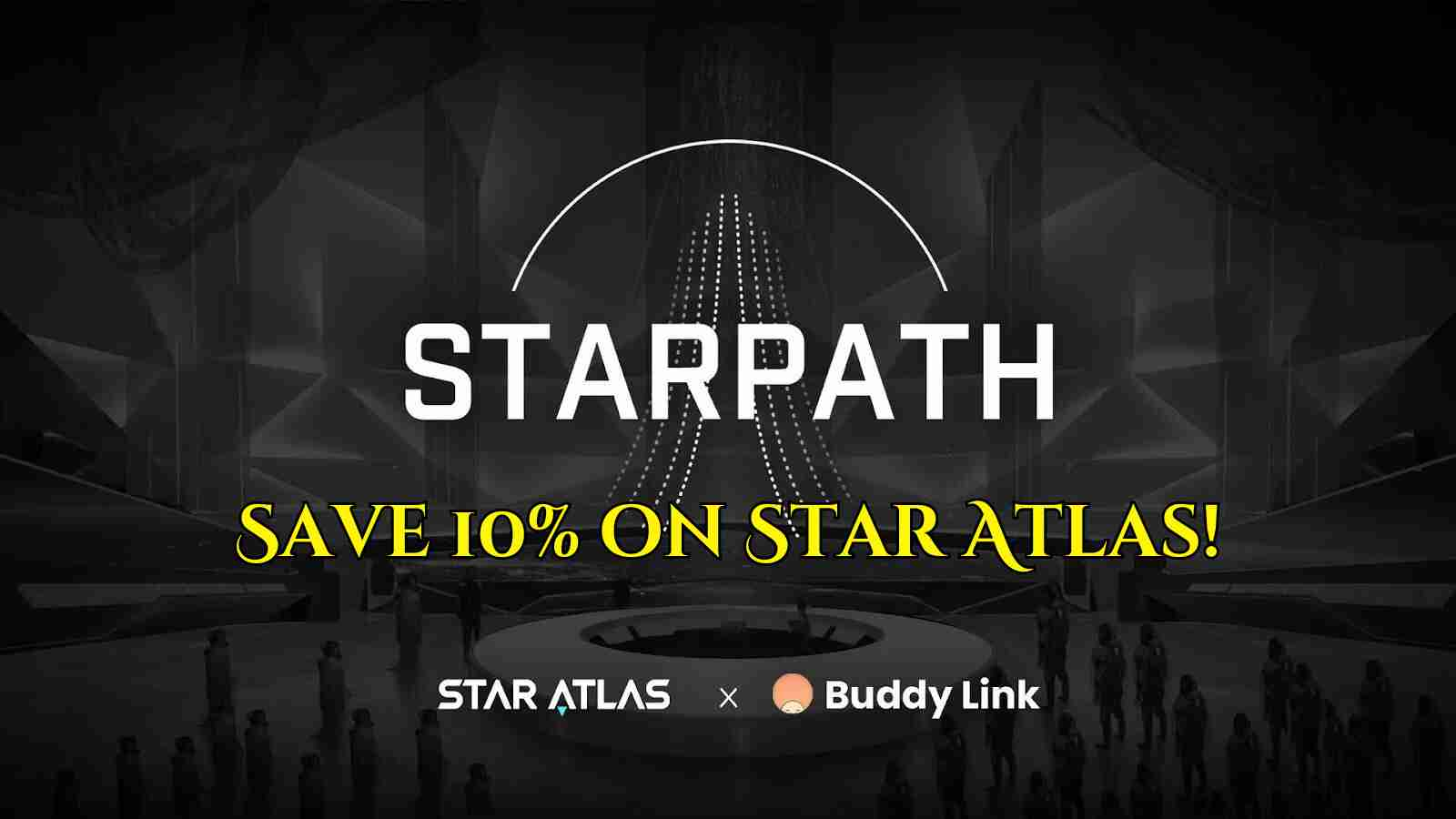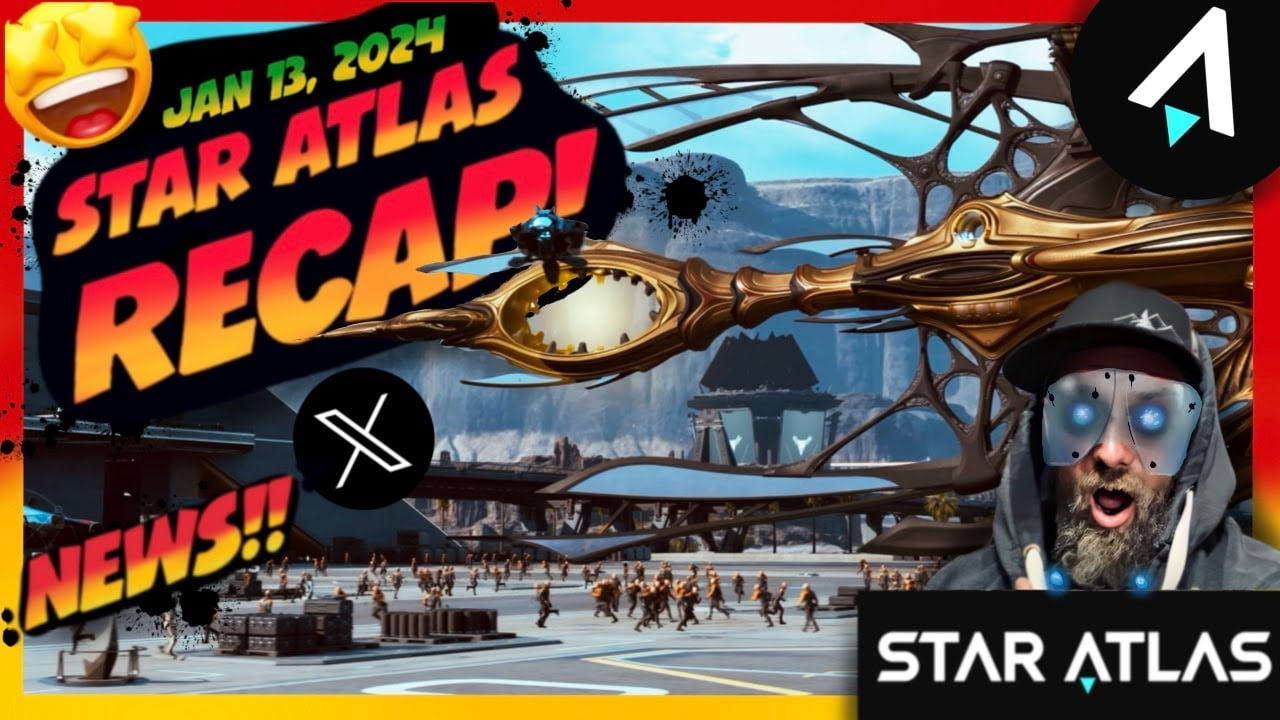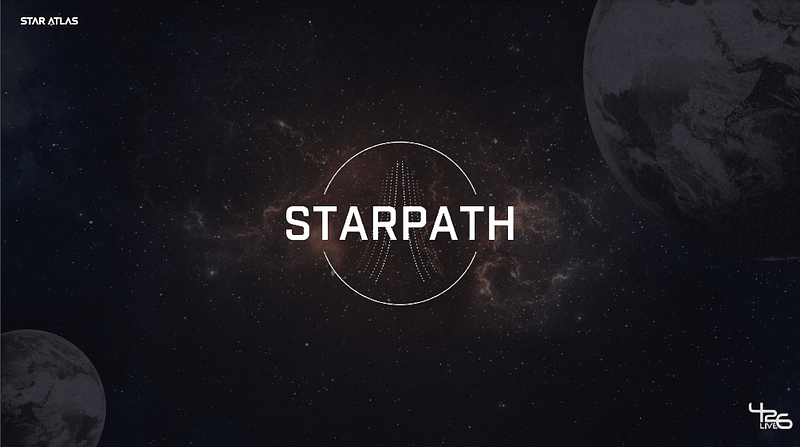Star Atlas Guilds Remain Split on Faction Status
Today’s Atlas Brew 19 featured a heavy discussion on Star Atlas politics. The discussion began with a lengthy analysis of the Star Atlas political scene by Atlas Brew reoccurring hosts Santi and Jose. Using The Club’s Star Atlas Explorer asset charts, the host duo commented on the three factions current political power projections.
Star Atlas Asset Holdings June 29, 2022
Regarding each faction, the Star Atlas hosts identified political strengths currently held via ship assets or Polis. On the ‘Inventory Value by Faction’ chart, MUD has a sizeable lead in asset value. Representative of ship value, the MUD faction has nearly $8.5 million in ship assets, $2.6 million more than the Ustur faction. Clearly the MUD faction is preparing large numbers of fleets, some of high asset value. The Ustur faction and Oni faction rank second and third with $5.8 and $5.1 million in ship assets respectively.
When looking at ‘Total Atlas by Faction’, each faction holds roughly a similar amount of Atlas with only a $111K difference between the three factions. While Atlas arguably holds the least weight with respect to political power, Atlas does to some degree represent immediate purchasing power. In the future, treasuries of Atlas will be a measure of how quickly a group can replenish lost or destroyed assets.
Moving to the last chart, ‘Total Polis by Faction’, a different picture of the Star Atlas political landscape begins to emerge. Oni hold a near supermajority of Polis with almost $1.7 million in Polis. The next closest faction, Mud, doesn’t even register half of that. Even combined, the Mud and Ustur factions does not equate to the amount of Polis political power that the Oni faction has.
Wrapping up their introductory remarks, Jose and Santi noted that each faction was playing into their ‘lore’ strengths. With their affinity for firepower, it makes sense that the Mud faction would have a bias for large fleets and ships. The Oni and their inherent diplomatic bonuses make Polis acquisition the clear path for them to take. Lastly, according to Jose, Usturs have the most passion’ which is evident in their victories in the Star Atlas propaganda meme wars.
Aephia and Quimera defend multi-faction stance
After Jose and Santi’s introductory remarks the forum was turned over to Funcracker, Co-Founder of Aephia Industries. Aephia Industries is a multi-faction corporation focused on profit through ship building and ship sales. Aephia’s logic for being multi-faction is simple — as ship builders, reliable access to all three faction’s resources is key to the success of their ship industry and operations. Being multi-faction allows for a greater pool of recruitment and caters to a wider market of ship buyers. Aephia wants to serve the entire Star Atlas community and to do so, they believe that multi-faction is the best model for their organization.
Lucius from Quimera added additional support to the multi-faction argument. For Quimera, being multi-faction is a matter of beliefs and values. Quimera is a welcoming organization that strives to include as many members from different backgrounds as possible. To Quimera, multi-faction status mean inclusivity of all people. In their view, single-faction status would restrict members from participating in their community.
Earlier in the day, Aephia also published an article that further explained their support for multi-faction status. The article assuages concerns over ‘win-trading’, a tactic used to trade victories in order to obtain rewards by both sides. This can be considered an exploit or violation of terms of service in some games. Additionally the article further outlines the concerns of multi-faction guilds as ‘fears’ over exploit abuse and reassures the community that ‘the team is on it’. The article concludes with stated disappointment over community fearmongering and attempts to reconcile the peace following COPA.
However, the Aephian article did little to persuade others of its position. This is due, in part, that the current line of questioning of multi-faction guilds is not driven by the concerns of game breaking exploitative behavior. The real question lies in the viability of multi-faction guilds in the short-term, particularly as they relate to SCREAM. Although SCREAM mechanics are still being developed and released, the common understanding of SCREAM is that it will initially be a faction versus faction engagement scenario. The uncertainty that is underpinning the current discourse is whether multi-faction guilds will prioritize faction goals or their own.
This dynamic is commonly understood by international relationship scholars. The theory of Realism proposes that states (in this case guilds) will act in accordance with its best interests with the goal of self preservation on the international stage. Research into applied politics has studied the behavior of large groups in MMOs like EVE online and found the behavior patterns of guilds can closely mirror real world paradigms.
Conversely, the international theory of Liberalism suggest that a better and more cohesive world hegemony can be established through value attraction and idealism. Instead of viewing the world, or metaverse, as a hierarchy, international Liberalism advocates for ideal model governance structures. This is the model that best represents multi-faction guilds and may be a viable solution in the long-run of Star Atlas.
Single faction guilds prefer consolidation
The counter argument to the multi-faction route is obviously through the selection of a single faction to support. DrumCarlos, a senior leader of Deep Profits, stated that the single faction approach allows for a greater consolidation of assets and resources towards a unified purpose. Logistical and geopolitical issues in SCREAM will be less impactful on single faction guilds. As a cost, single faction guilds may experience a more difficult time accessing the resources needed for economic activities.
A prime example of this is Heimdall Industries, an Ustur only faction of ship builders. As a guild, they may be restricted to only building ships that draw upon their regions resources and subsequently have fewer options in industry.
There was less discussion surrounding single faction guilds throughout the Atlas Brew compared to multi-faction guilds. Multi-faction guilds will naturally face more challenges than single faction guilds when it comes to coordination and cohesion. But this is a risk that some guilds are willing to take for various reasons. Ultimately, single faction guilds may find that they are at a disadvantage by having locked themselves into one faction. Multi-faction guilds may be inefficient in the short term, but produce advantages over the long term. None of these questions are born from malice, but rather conceived as a desire to understand the unknown. For the discourse to advance on both sides, parties must make reasonable attempts to understand the common rational of the other. By having continued discourse, the Star Atlas community will establish a standard of dialogue in times of conflict and avoid the Realist trappings of historical games like EVE online.
About the Author: Krigs
Star Atlas Discount

news via inbox
Get news from the Hologram first






